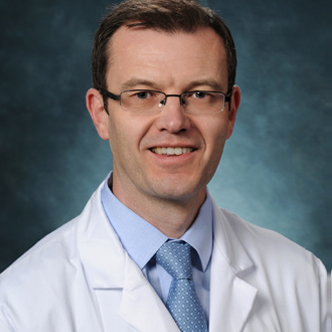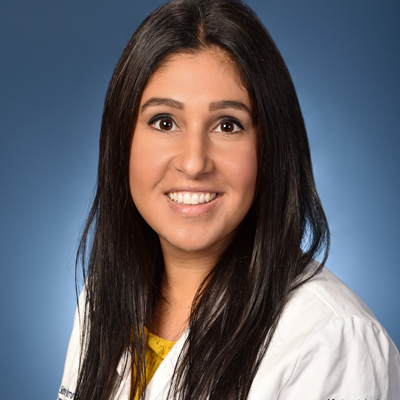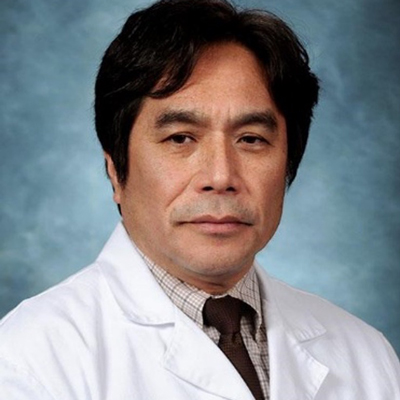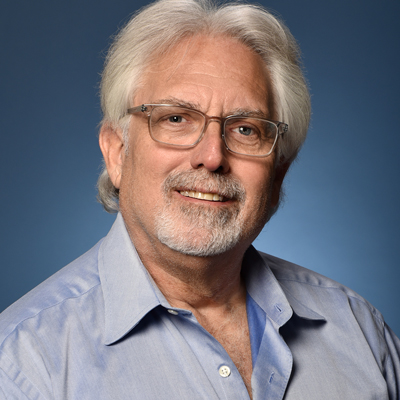Andrew E. Aplin, PhD
Deputy Director, Sidney Kimmel Cancer Center
Kalbach-Newton Professor, Cancer Research, Sidney Kimmel Medical College
Dr. Aplin serves as the Deputy Director at the Sidney Kimmel Cancer Center at Thomas Jefferson University. He is also honored as a Kalbach-Newton Professor in Cancer Research with the Department of Pharmacology, Physiology and Cancer Biology in recognition of the numerous contributions he has made to discoveries in melanoma, as well as the leadership role he has taken in the classroom and the laboratory. He is at the forefront of cancer research and is an esteemed educator.
As Deputy Director, Dr. Aplin promotes interdisciplinary research among basic, translational, clinical, and population science researchers across the Jefferson enterprise and helps lead SKCC’s next NCI Cancer Center designation renewal. Additionally, he is a Principal Investigator on a T32 training program in Cancer Biology and has mentored trainees through NCI K99 and F99 awards.
Externally, Dr. Aplin serves as a standing member of the NCI/NIH study section, Molecular Cancer Therapeutics (MCT1) and a frequent CCSG site visit reviewer. He is a member of the grant review panel for Melanoma Research Alliance, participates in the Scientific Advisory Council (SAC) for the Melanoma Research Foundation, and serves on the Council for Extramural grants for the American Cancer Society (ACS). Dr. Aplin also serves on the editorial board of Cancer Research and Molecular Cancer Research. Previously, he was Chair and Vice-Chair for ACS Cell Structure and Metastasis (CSM) committee, Discussion Leader on NCI SPORE review panels, permanent member of the Tumor Microenvironment (TME) study section, and Associate Editor of Pigment Cell and Melanoma Research.




